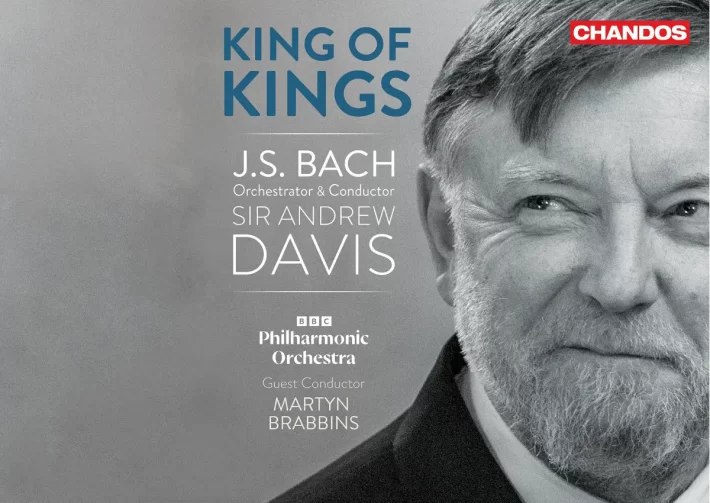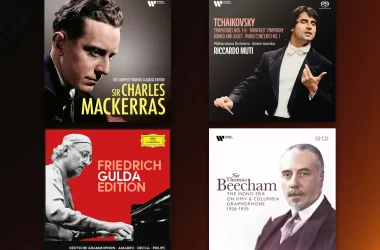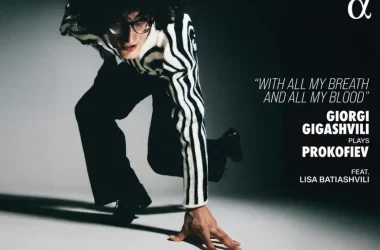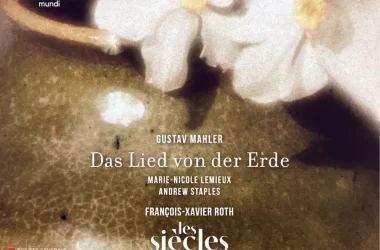This is the sixth album of Bach orchestral transcriptions in the Chandos catalogue. The earliest (1982) featured Stokowski orchestrations played by the Sydney Symphony Orchestra under Robert Pikler, an album superseded by two recordings (1993 and 2005) of Bach/Stokowski led by Matthias Bamert, both with splendid engineering that serves Stokowski’s opulent arrangements particularly well.
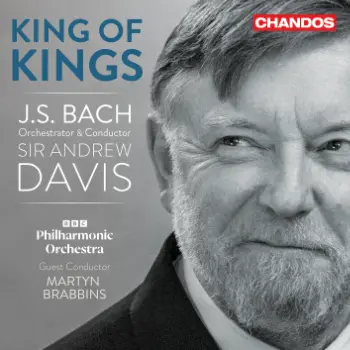
The other two releases, conducted by Leonard Slatkin, feature transcriptions by other composers (including Respighi, Reger, Elgar and Schoenberg), followed a few years later by orchestrations by conductors besides Stokowski (including Barbirolli, Klemperer, Ormandy and Sargent). This latest album transcriptions by the late Andrew Davis. Davis recorded four works in November 2023, but passed away before he could complete the album, so the remainder is conducted by Martyn Brabbins.
While this album is immensely enjoyable on its own, I found even greater enjoyment in comparing Davis’s orchestrations with others in the earlier Chandos albums. The recording begins with the famous Toccata and Fugue in D Minor (BWV 565). Stokowski’s arrangement (especially in Bamert’s recording) is dominated by sumptuous string sonority, whereas Davis focuses on transparent, lighter textures, and an enlarged color palette that features more percussion.
Even setting aside Stokowski’s preference for free bowing, his transcription uses sustained legato (and thicker textures) in contrast to Davis’s greater variety of articulation. Stokowski’s version creates a darker, altogether more frightening mood, where Davis lets the music speak for itself, a more objective approach. I enjoyed both renderings but came away wishing that we had recordings of both conductors playing this score on the organ (both began their careers as organists before becoming conductors); I suspect their orchestrations are reflections of their organ performances.
The recording also includes six orchestrations of organ chorale preludes: “Liebster Jesu,” BWV 731 (track 3) is gorgeous, its sensitive scoring drawing out the beauty of the inner lines. The choice of flutes, clarinets and glockenspiel for “In dulci jubilo,” BWV 608 (track 4) is inspired, as is the use of flugelhorn in “Herzlich tut mich verlangen,” BWV 727 (track 8), which finds a deeply touching vulnerability, especially as played here by principal trumpet Thomas Fountain. In “Heut’ triumphieret Gottes Sohn,” BWV 630 (track 5), Davis’s uses a piccolo to simulate an organ’s mutation stop. All six preludes are short miniatures, and Davis respects their smaller stature with a chamber-sized approach. The BBC Philharmonic, under both Davis and Brabbins, plays with finesse, warmth, and enthusiasm.
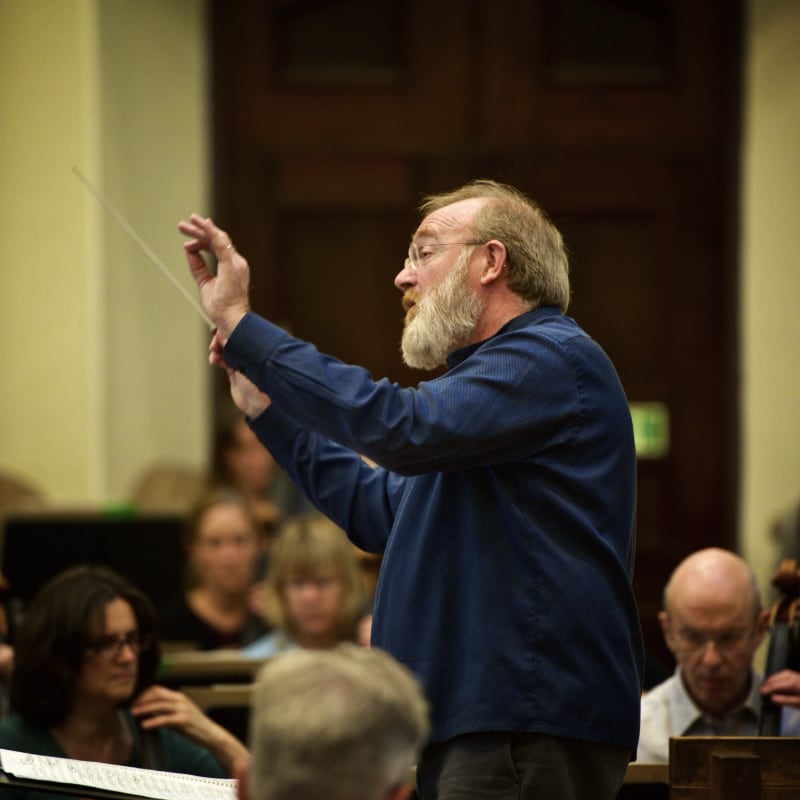
Martyn Brabbins (image: © Hyperion S Perry)
There are three other major works: the great “Fantasia & Fugue in G Minor,” BWV 542 (tracks 6-7), Passacaglia & Fugue in C Minor,” BWV 582 (tracks 10-11) and “Prelude & Fugue in E-Flat Major,” BWV 552 (subtitled “St. Anne” because its fugue subject is remarkably like William Croft’s hymn tune of the same name, tracks 14-15). Stokowski also orchestrated the G-Minor work, and my comments about the D-Minor Toccata and Fugue apply equally to this work, though I find that Stokowski (and Bamert) allow for greater rhythmic freedom in the shaping of the Fantasia’s many melismatic passages, where Davis calls for regulated rhythmic accuracy. I would argue that in his Fantasias, Bach expected greater use of rubato.
While Davis’s transcriptions of the Passacaglia and E-Flat Prelude and Fugue are models of transparent and colorful orchestration, I find more lavish versions of the Passacaglia (Respighi) and E-Flat Prelude and Fugue (Schoenberg) more imaginative, more successful at capturing the emotional power in these works.
What comes across clearly in this new release is Davis’s love of, and respect for, Bach’s music. Chandos’s ancillary materials are first rate, and the recording is excellent, though I wish they had chosen the record in Super-Audio format (the album is available, however, in Dolby Atmos on Apple Music). Nevertheless, this is a most enjoyable album, giving us another way to appreciate the brilliance of Bach’s music.
Recommended Comparisons
stokowski | Bamert | Slatkin 1 | Slatkin 2

Album Details |
|
|---|---|
| Album name | King of Kings |
| Label | Chandos |
| Catalogue No. | CHAN20400 |
| Artists | BBC Philharmonic Orchestra, Sir Andrew Davis, Martyn Brabbins, conductors |

